Citroën & partners to electrify Greek island of Halki
Together with partners, Citroën wants to transform the Greek island of Halki, located in the south-eastern Aegean Sea, into an emission-free, energy-autonomous eco-island. In the medium term, every vehicle on Halki is to be replaced by an electric car.
With the signing of a memorandum of understanding between the Greek government, the French embassy and business partners, the transformation of the small island into an emission-free model region begins today.
Besides Citroën, its Greek importer Syngelidis, the French construction and infrastructure group Vinci and the energy company Akuo Greece are participating in the project as partners. Similar projects already exist for the larger islands of Fernando de Noronha in Brazil, Belle-Île-en-Mer in France and Porto Santo in Portugal. Renault – Citroën’s French competitor – is leading all three projects. The VW Group and the Greek government, on the other hand, agreed a year ago to build a “pioneering mobility system” on the Mediterranean island of Astypalea. To this end, the island’s current transport system is to be converted to electric vehicles and regenerative energies.
Halki is a 27 square kilometre island with a coastline of around 34 kilometres. It forms a municipality with the neighbouring island of Alimia and several other uninhabited islands. The landscape is predominantly barren and mountainous. Only the harbour town of Emborios is inhabited: just under 500 people live there. Halki is now the first of several Aegean islands that the Greek government wants to become an eco-zone.
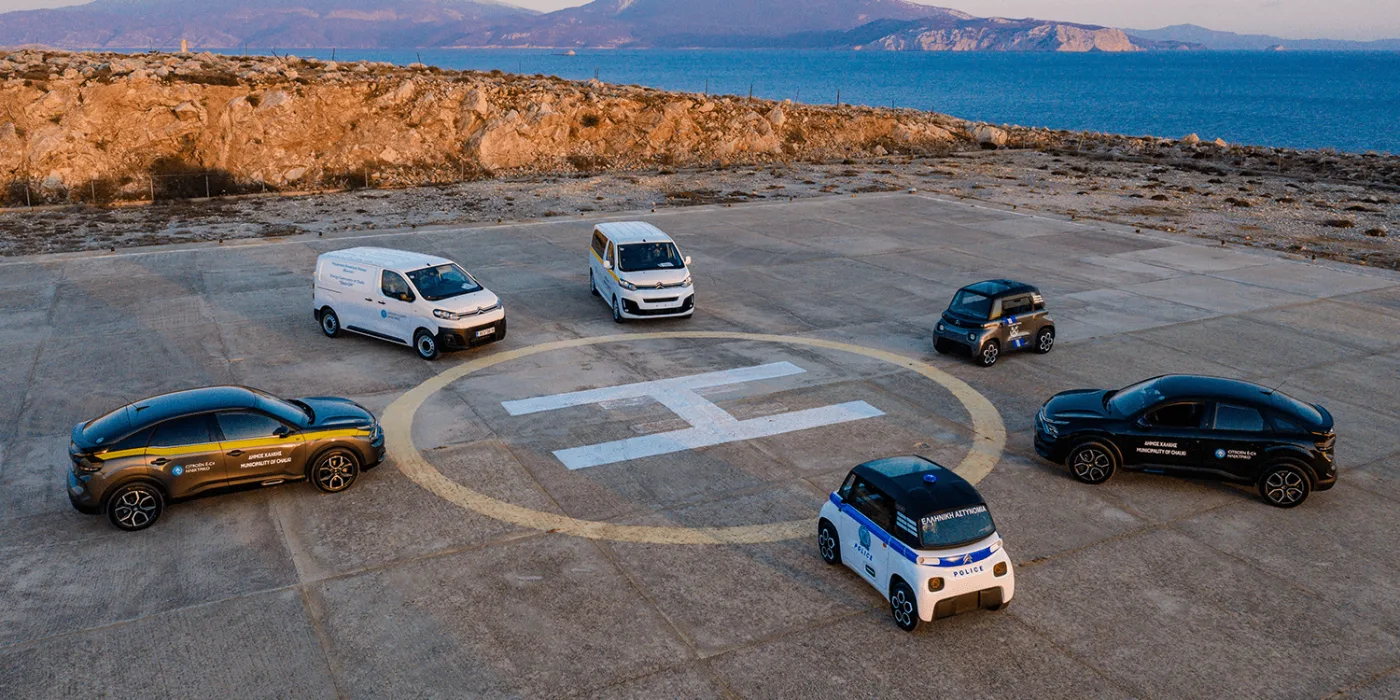
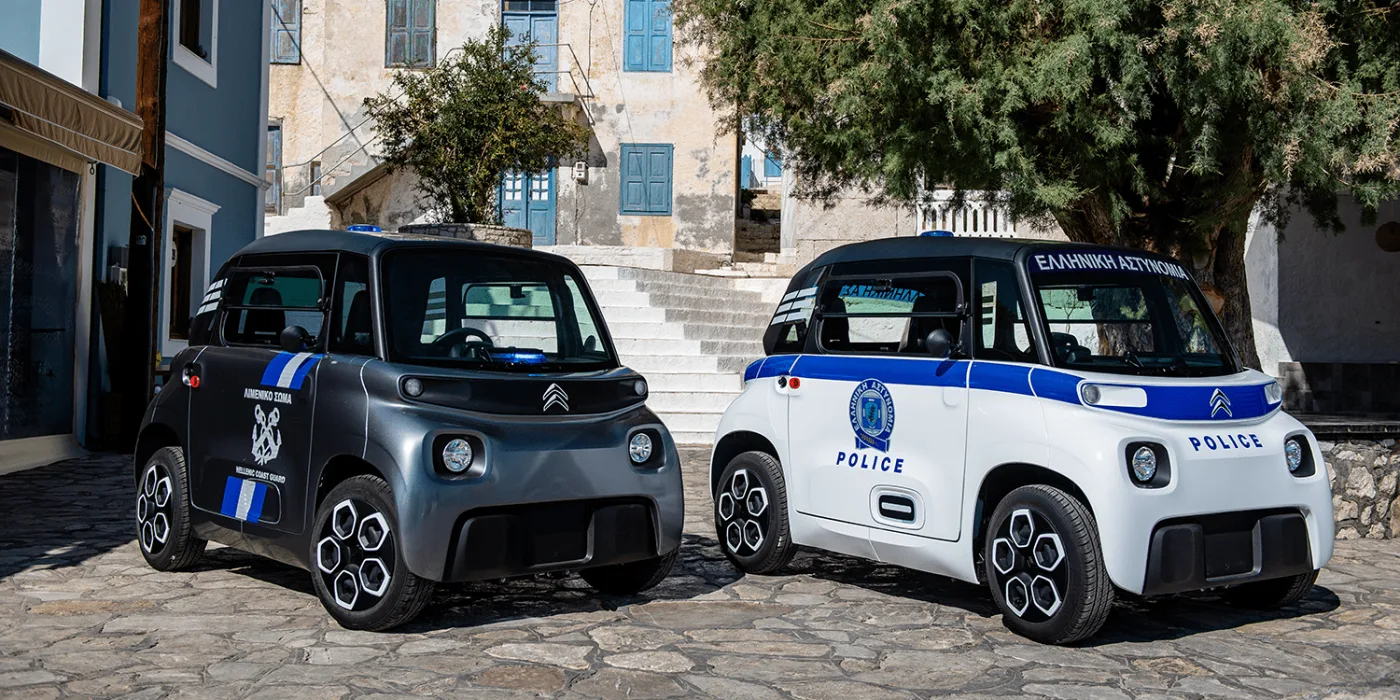
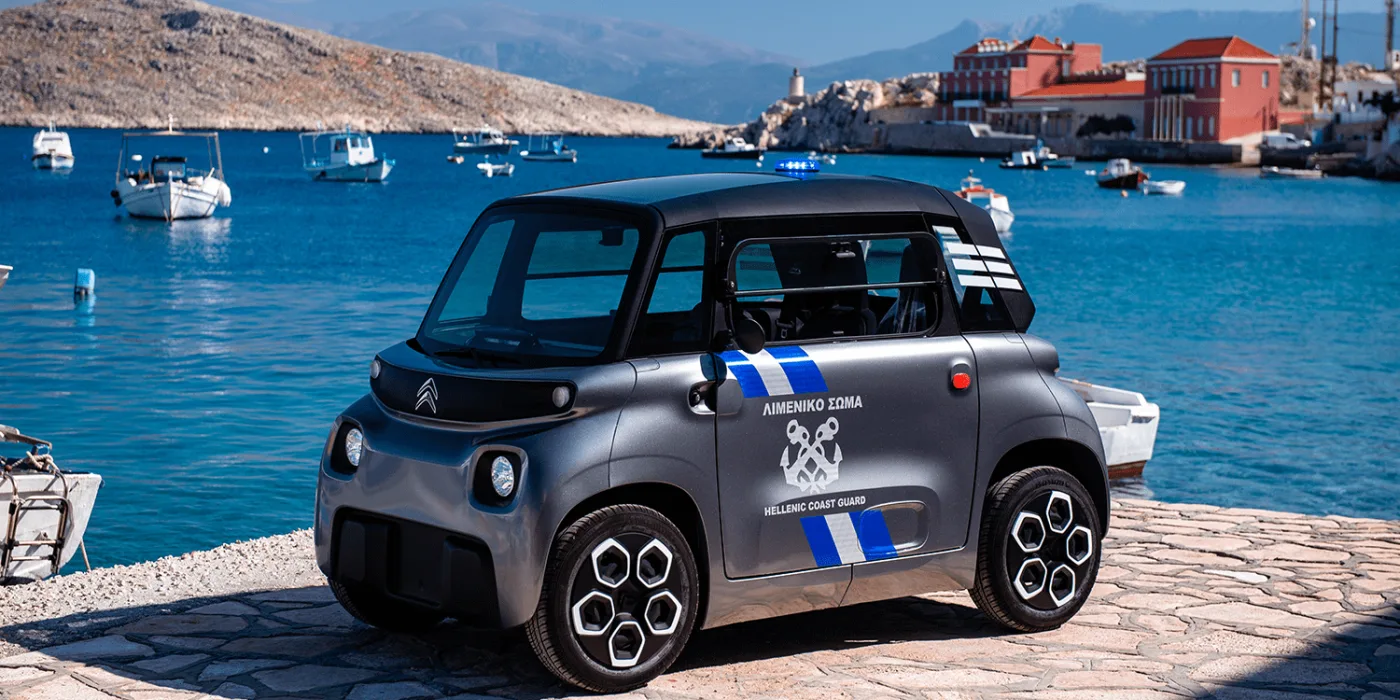
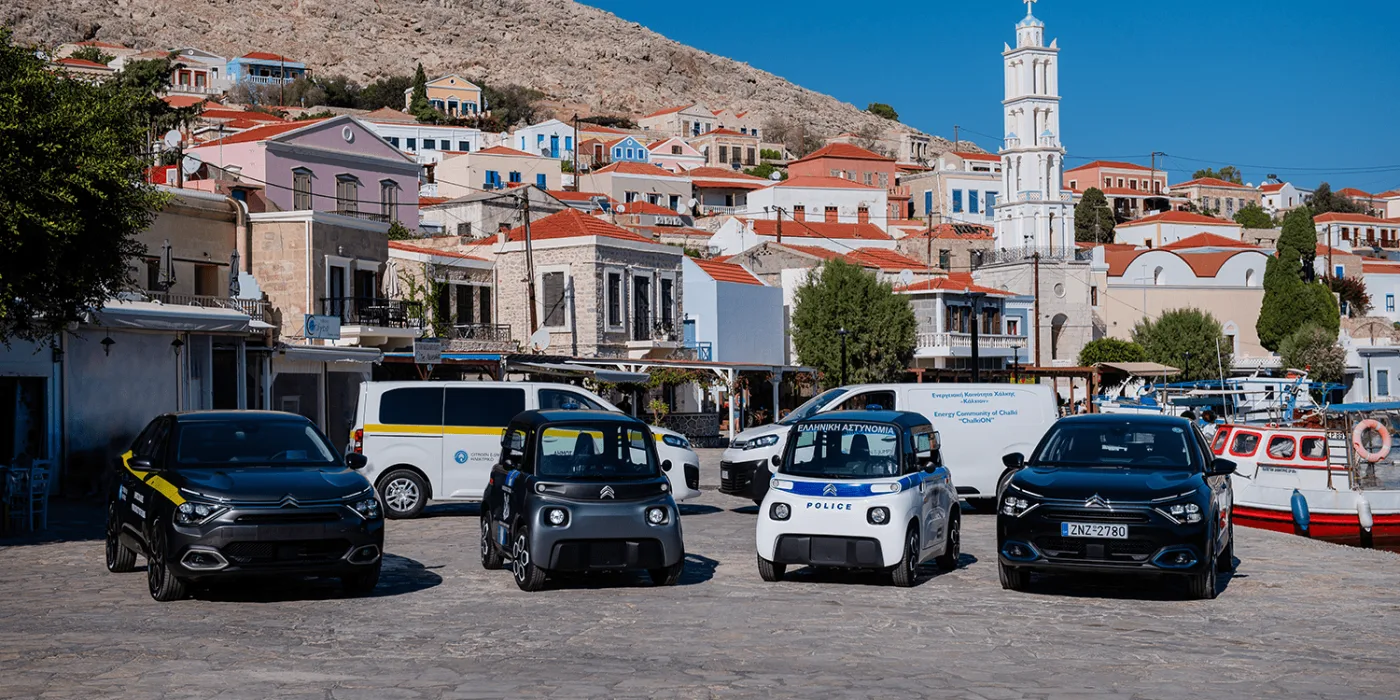
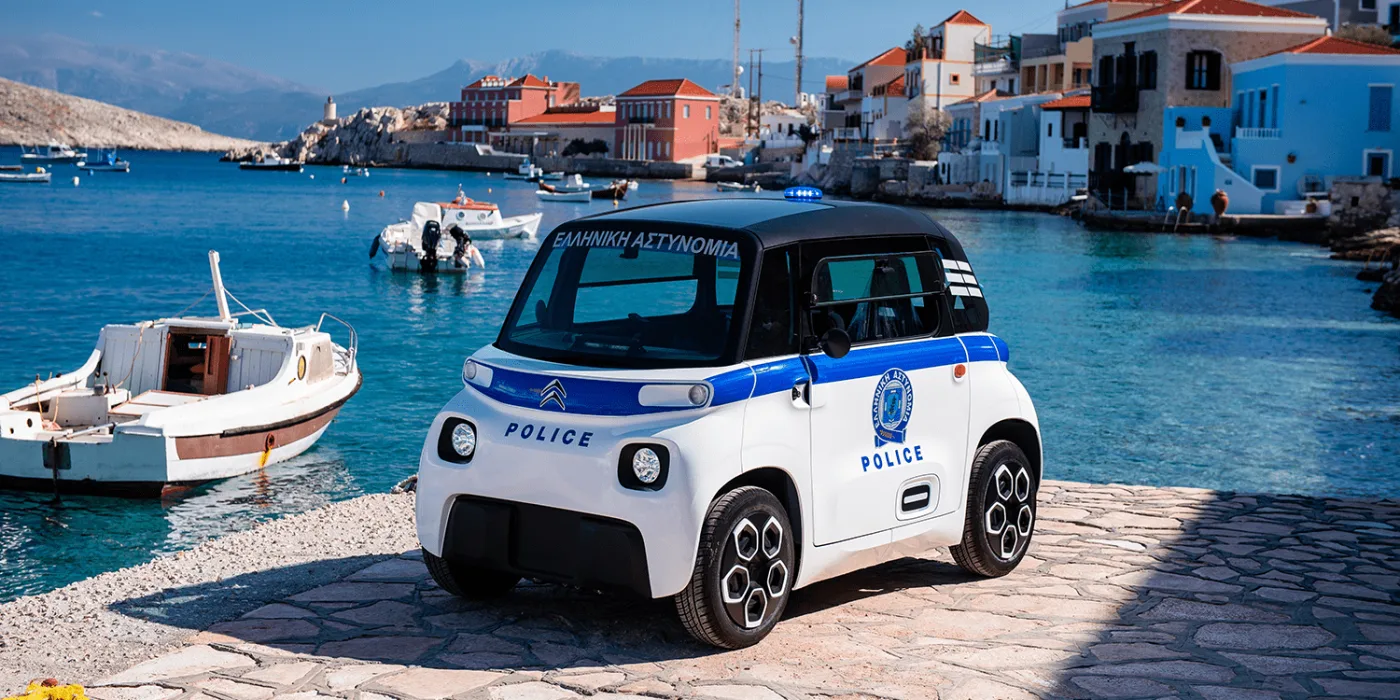
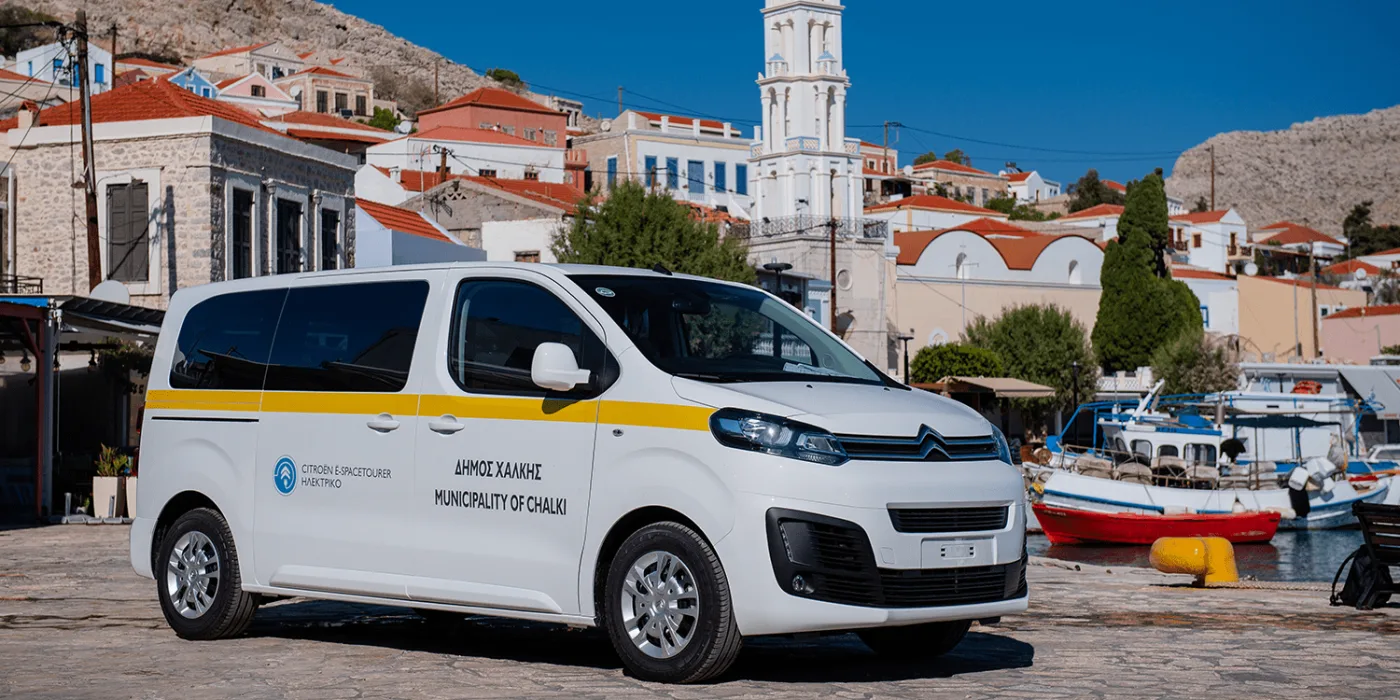
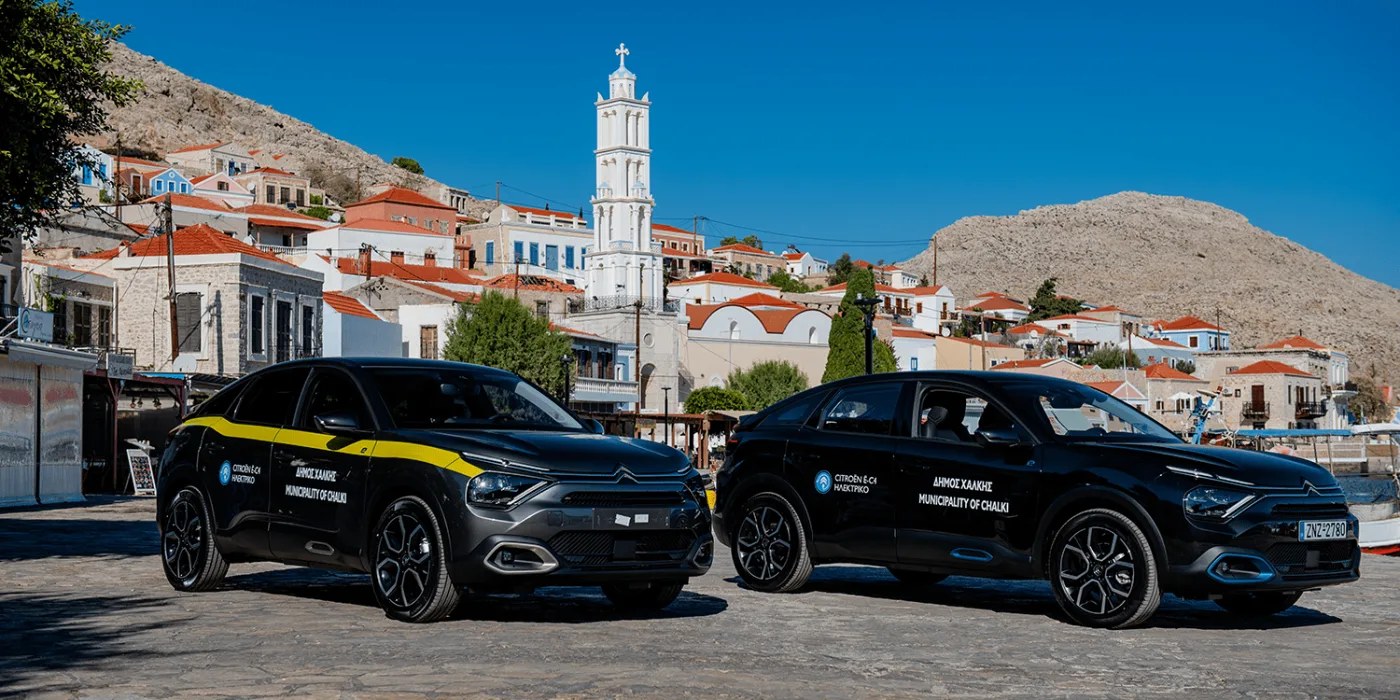
According to Citroën, the Halki authorities will initially be supplied with a fleet of six fully electric vehicles: two Ami e-vehicles for the police and the coast guard, two ë-C4s and one ë-SpaceTourer for the municipality and one ë-Jumpy for the local Halki energy community. The carmaker is providing two of these vehicles via a free lease for 48 months. After that, Citroën says it will buy back the vehicles and then donate them to the Halki community. In the medium term, every vehicle on Halki is to be replaced by an electric car, although no concrete annual figures are given for the planned changeover.
“We are really glad to collaborate with the Island of Halki on this exceptional project,” said Citroën CEO Vincent Cobée. “This collaboration is completely in keeping with the spirit of Citroën, an innovative and daring brand, closely connected with people in their daily lives and their mobility. We are committed to making electrification available to everyone and we are very proud to contribute to the transformation of Chalki into an island which will be autonomous, smart and sustainable.”
Citroën and the Syngelidis Group are responsible for the electrification of the entire fleet on the island. Embedded in a comprehensive development plan for smart and climate-neutral mobility, which includes the construction of a megawatt photovoltaic plant, the island’s residents and businesses will be offered the opportunity to purchase zero-emission electric vehicles at affordable prices, Citroën says. A wide range of electric mobility options will be available, “from light four-wheelers to cars and light commercial vehicles”.
Upon completion of the project, Halki will officially become Greece’s first eco-island. However, Citroën does not specify the duration of the project.

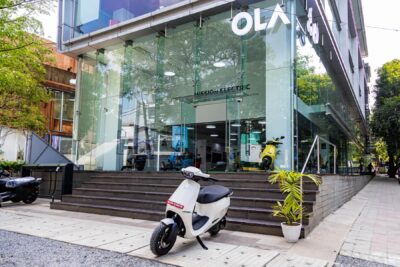
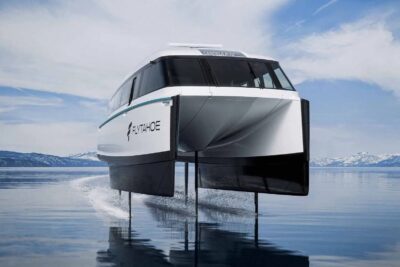
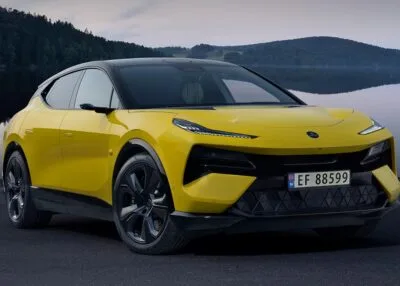
0 Comments